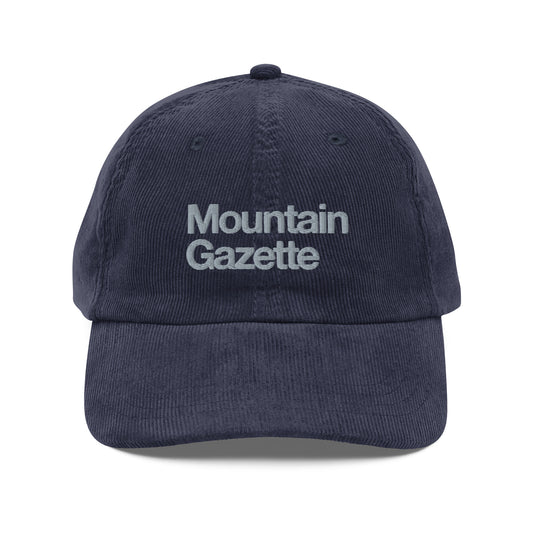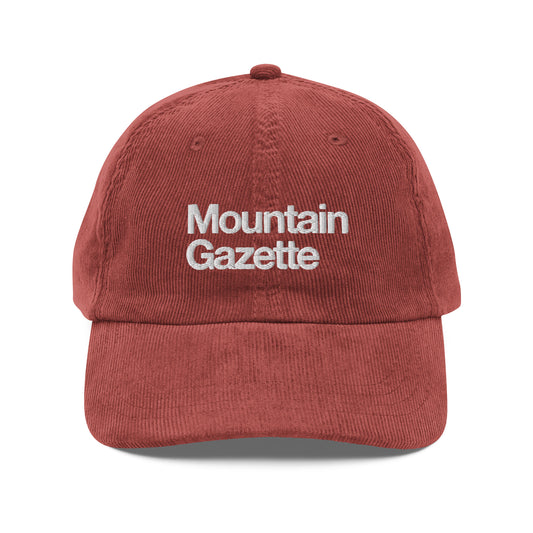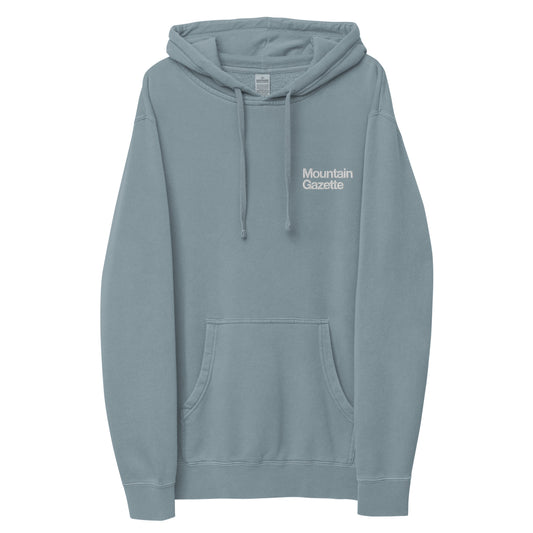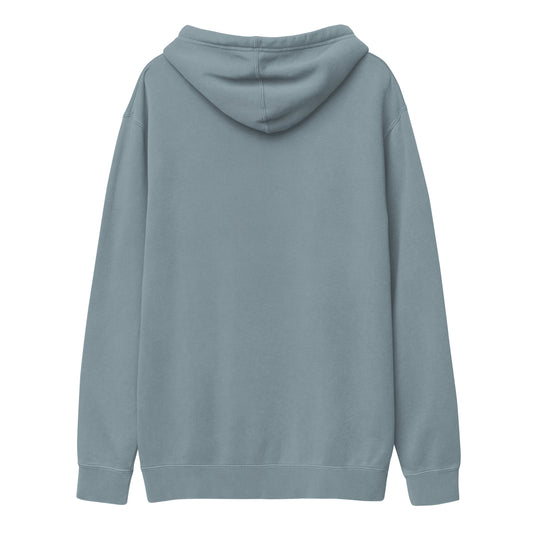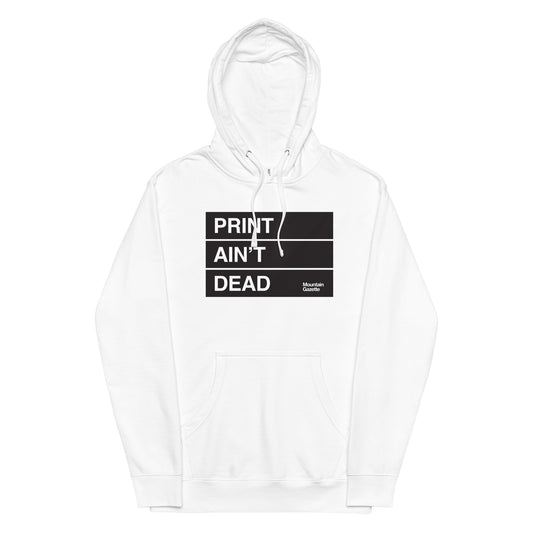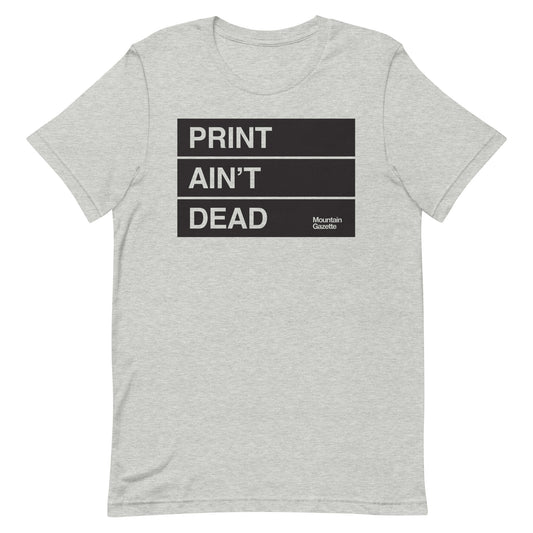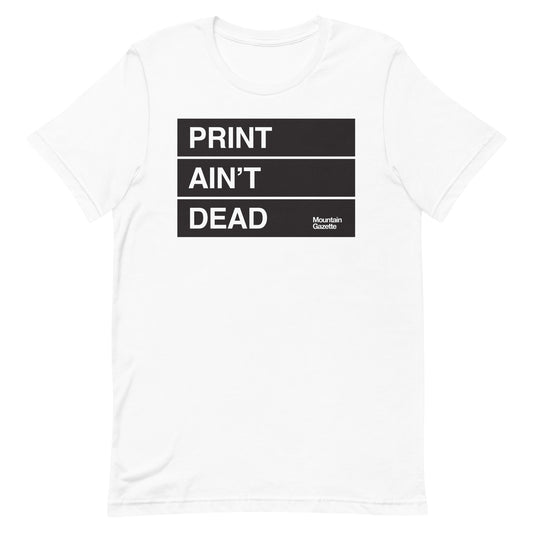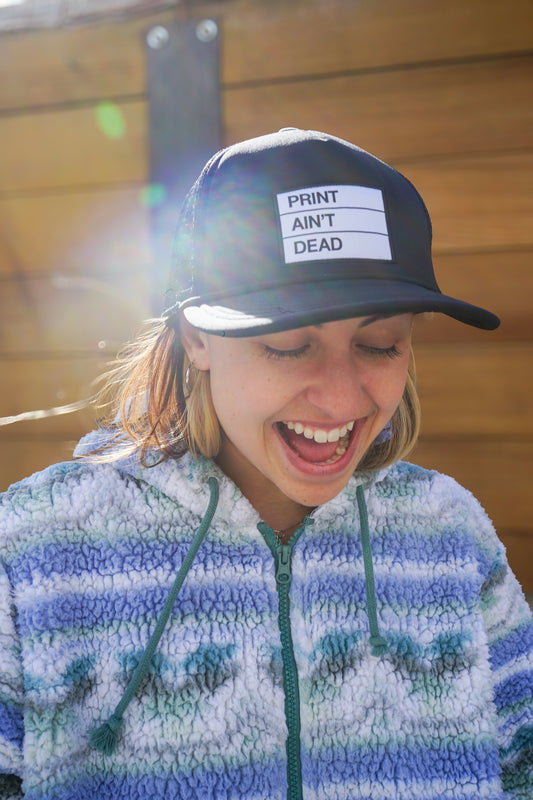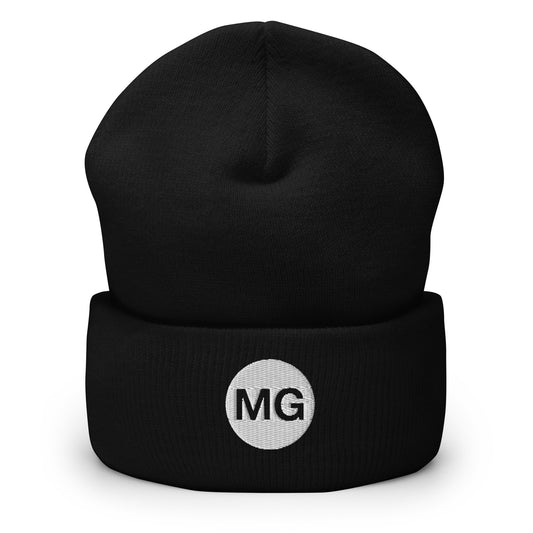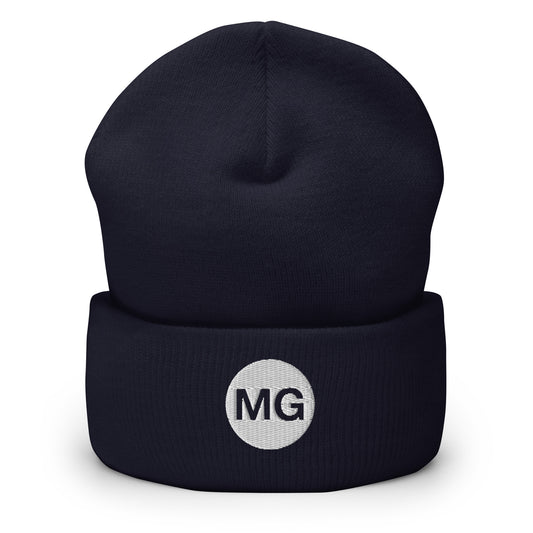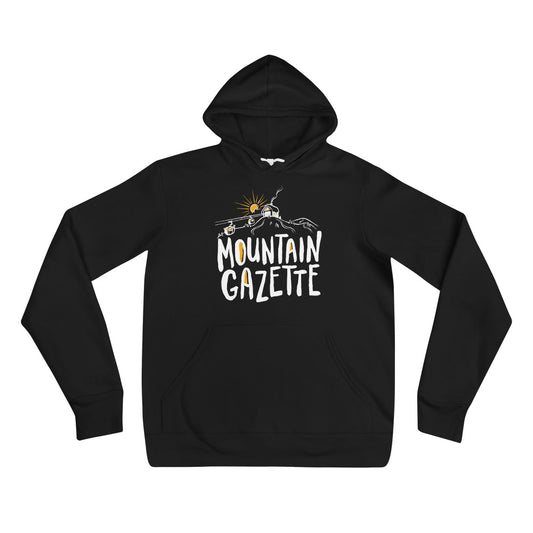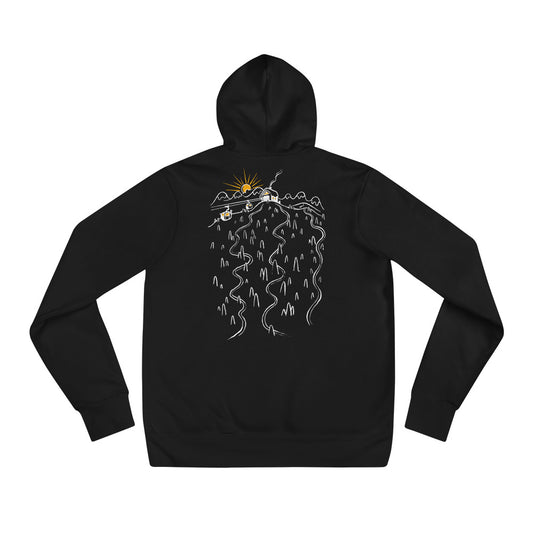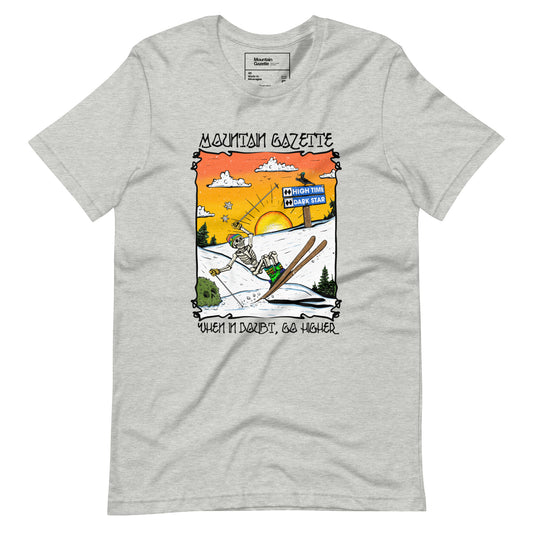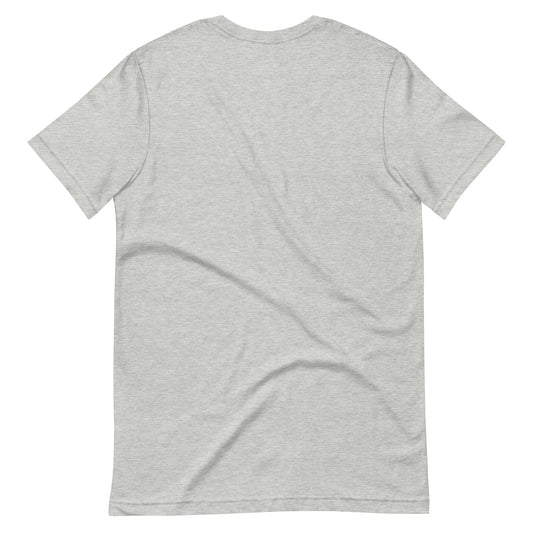This article was originally published in the Here & There newsletter by Kyle Frost. Here & There is an email newsletter published every other Thursday.
Digging into the inbox for a few things today. Hope you enjoy.
It’s been a while since I’ve done a mailbag. If you’re new to Here & There, I like to revisit reader feedback every now and then to address important questions and touch on any updates or revisions to my thoughts. - Kyle
Reader Mailbag
Re: Can nature be nonpartisan?
Frankly, I expected a bit more controversy about this one. But, perhaps it’s a testament to the Mountain Gazette readership (or I’ve just managed to condition y’all to my writing style) that I got some really great feedback. Just want you all to know that it was received, read, and appreciated.
Re: Strava’s big shift
This has been a good one with a few recent updates that occurred in the months after publishing. I do enjoy getting a few things right.
Without exception, every person I talked to was disappointed with what Strava has done with Fatmaps data. For backcountry use, the only useful tool that Strava offers for route finding is the heat map option. At least you can see where people have travelled. Not ideal, but it's something.
No argument that it took them a while to get things integrated. That's tech. It's almost always harder than you think. While the routes in maps aren't quite there yet, I noted that maps and discovery will continue to improve, and that FATMAP integrations were imminent. Maps have seen a significant upgrade over the last month, with improved heat map visibility, 3D, new layers, and winter satellite imagery. I know some folks will still disagree with me but the maps are quite good now. I've been using the 3D + satellite + trail running heatmap to look for spots in the Alps that might be ideal for a workcation this summer. If you've got suggestions (or an inside line on some house sitting), let me know.
One thing I touched on briefly was that an avenue for Strava’s growth, particularly at the top of the funnel, was in the coaching and training space. I even mentioned Runna specifically. Last week, Strava announced their acquisition of Runna, which will remain as an independent app, but integrated into the Strava network.
I’ve seen a few folks comparing the Runna acquisition to FATMAP (which was shuttered and then integrated). But FATMAP had like a couple thousand users and a niche business model. It was a clear tech acquisition. Runna has a significantly larger user base, revenue, and unique feature set—and they’ve committed to remaining separate apps.
Will that hold long term? I’ve said it before: I think training/coaching is too complicated to work into the main Strava app. I think a name change a few years out is possible, and obviously increased tech/team investments and data connections, but it’s likely that the apps remain separate.
I’m optimistic on this move, for both teams. I’ve reached out, and am still hoping to speak to both Michael Martin (CEO of Strava) and Dom and Ben (Co-founders of Runna) sometime in the future.
Re: Made in America (aka, how tariffs will affect the outdoor industry)
We're still in the throes of potential impacts here. One thing I noted was that no one really knew what was going to happen, but chaos isn't good for anyone. Black Diamond announced last week that prices would be raised between 10–25% beginning May 5. They won't be the last. The stock price of Amer Sports, with their significant exposure to tariffs on China, is down significantly since February. Things might get really interesting in the next week or two.
This one triggered a few emotional replies. I want to highlight two specific exchanges I had, and how I typically respond to these kinds of emails. We’re living in a time where emotions are high, and I really do my best to be reasonable in the way I approach complex topics, and interactions with readers.
One reader wrote: "I love how you worry about corporation's bottom lines and how it affects the people, oops...I mean 'consumers' as they are seen. No mention of how our public lands are being taken away and sold to the highest bidder for extraction. No mention of all of the federal workers being fired, which includes the National Park Service and the Forest Service. It's kind of hard to participate in outdoor activities when we have no public lands to do that on. But, hey, we should be buying more gear and keep adding to those microplastics like those nice polyester blend shirts from Mountain Gazette. If you're not part of the solution, you're part of the problem."
My reply: “Thanks for reaching out. I appreciate the passion, but I'm not sure this is the right way to go about it. We're all frustrated right now, and taking it out on other folks isn't the solution...I only publish every two weeks, which gives me time to think critically about the topics I write about, but it also means that I'm not always right at the forefront of every new story...there are a lot of folks sharing important perspectives about the layoffs right now, and it's something on my plate to cover.”
I did not get a reply. And, I was in the middle of writing my piece about park layoffs.
Another reader had this to say: “Sorry but your article on tariffs is way off, there are so many more dynamics, how about much lowered income tax, yes supporting sweatshops in Vietnam is bad, again too many literal things to mention in an email, I've enjoyed your articles but this one has me fixing to unsubscribe.”
I replied: "Appreciate the feedback. I think the overall thesis in this case is that tariffs will affect the outdoor industry negatively. Prices will go up, whether or not a cut to income taxes ever materializes. Supply chains are not easily redesigned, and the industry does not currently stand to benefit from shifting to US-based manufacturing...tariffs can be a useful economic tool, but broad-based tariffs run the risk of many of the more negative consequences. Thanks for being a reader."
This one did get a reply: "Thanks for the feedback! Really wasn't expecting it, shows y'all care, I'll keep an open mind...I've enjoyed your magazine, used to read it back in the day, I've been considering getting a subscription, now maybe I will."
Long story short, conversations are great, and people are generally more open to discussion than you think. Whether you're left- or right-leaning doesn’t imply a more cogent response. I'm happy to get all kinds of feedback, and I do make an effort to respond—especially when it's a bit more heated.
Re: REI shutting down adventures
Most of the feedback I got on this one was positive, and I had many folks share with me their experiences of growing up with REI and/or their work experience there. I did originally reach out to REI to speak with Eric Artz, but he wasn’t available for an interview. Pretty shortly after this was written, the news was announced about his departure and the hiring of Mary Beth Laughton.
Her tenure has not started auspiciously, with her first action as CEO being an apology for signing the letter supporting the nomination of Doug Burghum. I will stick to my guns here and still say that I think this was way overblown. Bad optics, absolutely. But c'mon, let's use our heads here.
I did particularly enjoy this response from a reader reminiscing on what REI Adventures meant to them, and I think it also provides a strong message for how we all move forward in this chaotic world:
“REI Adventures was a community. It’s this sense of community that sustained my passion and involvement in the outdoor industry for 20 years. I could almost say it’s what I value most. It’s not only a community, it’s a force of adventurers and aficionados of the natural world who know the treasure of wilderness and the human need to connect with nature, as we witness the most powerful country in the world indiscriminately roll back environmental protections…I believe the businesses we build and where we choose to work and spend our money is one of the greatest powers we have to influence our world and future. These coming years will likely have a strong influence on the health of our planet and the integrity of wild places. It is imperative that companies and consumers acknowledge the difference between 'branding' and integrity, and choose wisely.”


